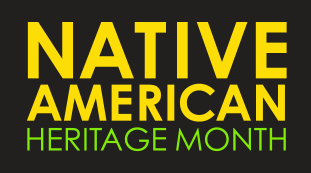
by Joe Corallo | Nov 27, 2022 | Blog
In honor of November being Native American Heritage Month, we here at Geeks OUT would like to take this opportunity to highlight interviews conducted by our own Michele Kirichanskaya featuring queer indigenous authors. Interview with Author Melissa Blair Interview...
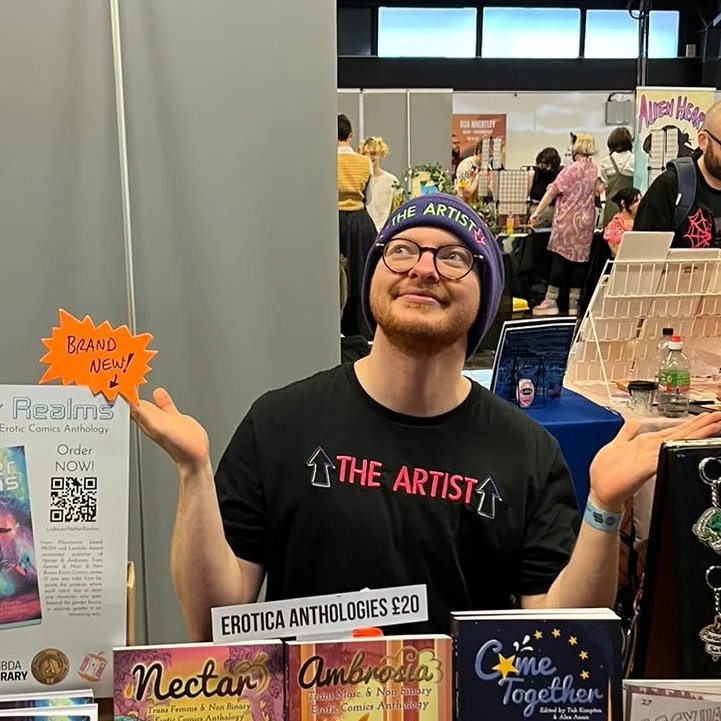
by Michele Kirichanskaya | Nov 26, 2022 | Blog
Tab Kimpton is a manchester based queer comic artist with a background in webcomics, crowdfunding and self publishing. His work includes comics such as Minority Monsters- An explorer’s guide to Alphabet Soup Land. He’s also the co-editor of two PRISM...
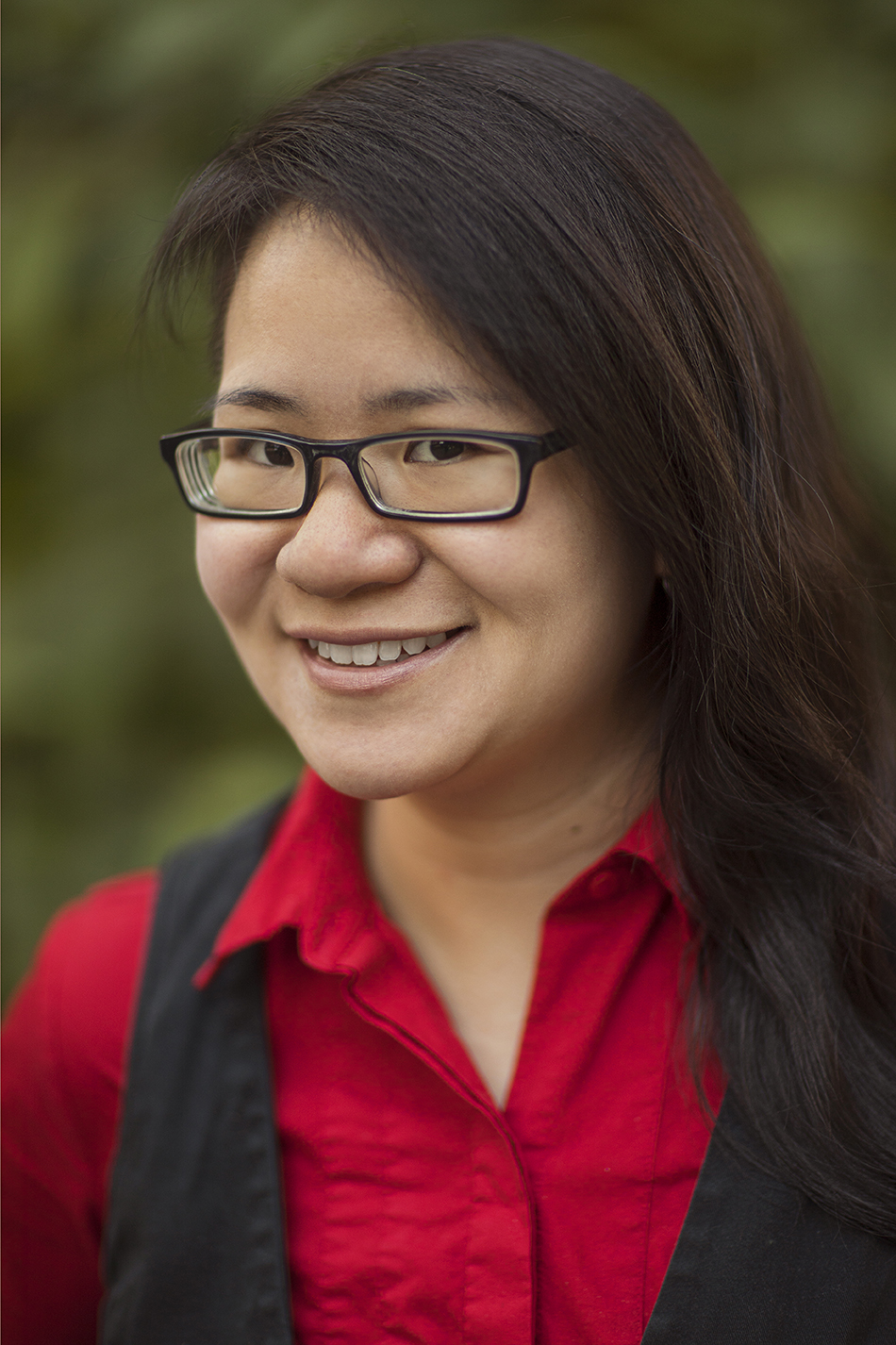
by Michele Kirichanskaya | Nov 23, 2022 | Blog
Diana M. Pho is a queer Vietnamese-American independent scholar, playwright, and Hugo Award-winning fiction editor. She has over a decade of experience in traditional book publishing, including Tor Books, Tor.com Publishing, and the Science Fiction Book Club. Diana...
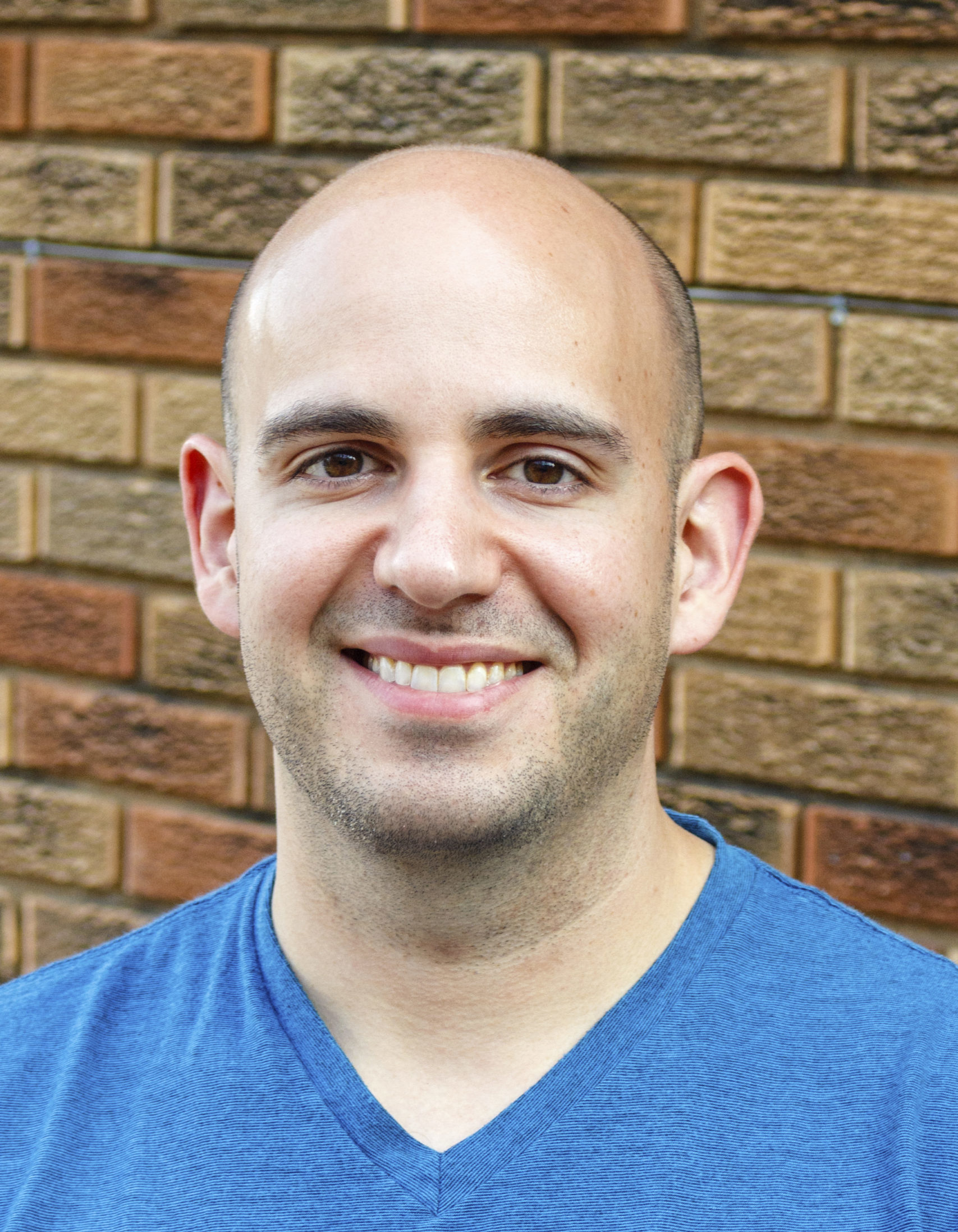
by Michele Kirichanskaya | Nov 22, 2022 | Blog
ADIB KHORRAM is the author of DARIUS THE GREAT IS NOT OKAY, which earned the William C. Morris Debut Award, the Asian/Pacific American Award for Young Adult Literature, and a Boston Globe–Horn Book Honor, as well as a multitude of other honors and accolades. His...
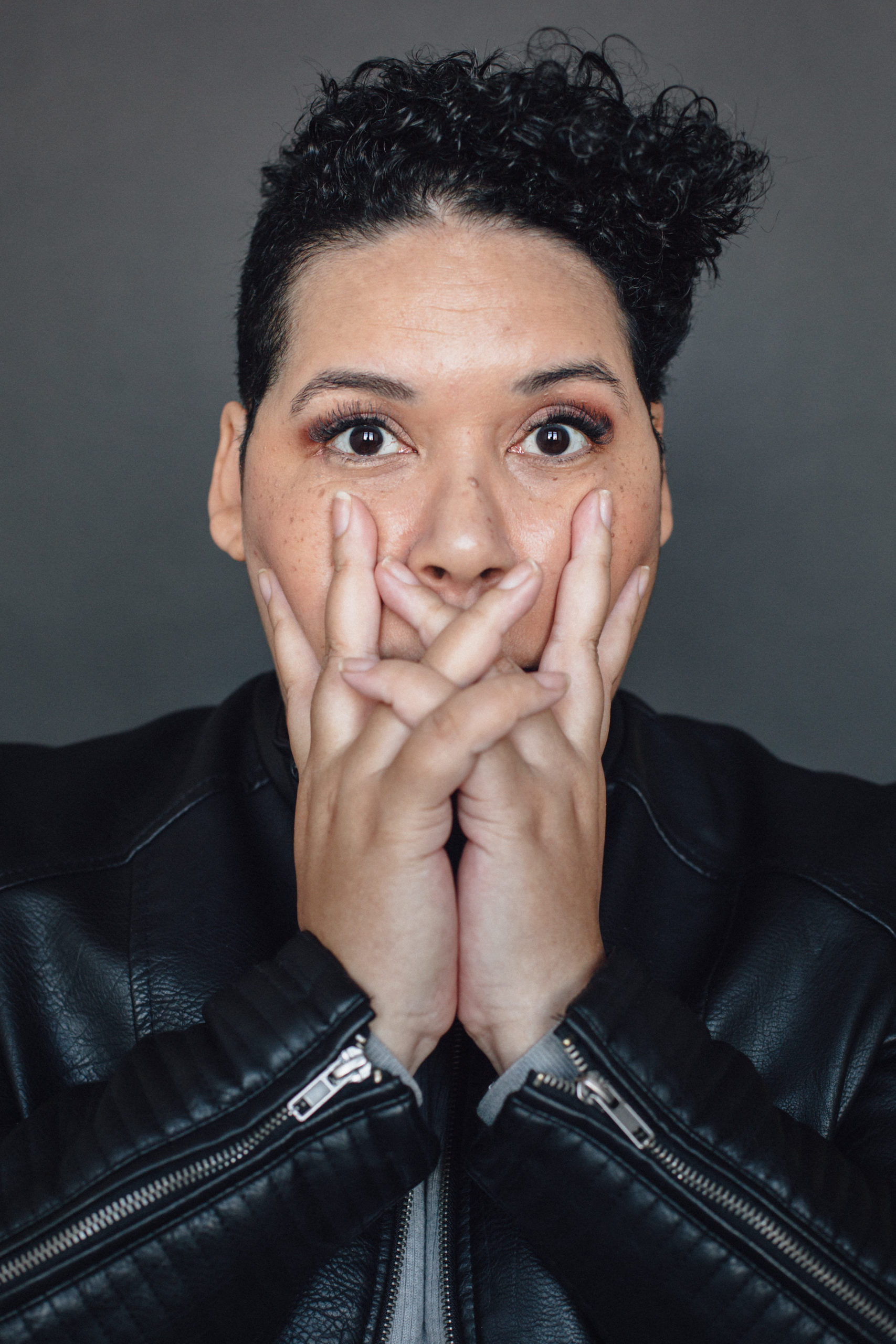
by Michele Kirichanskaya | Nov 18, 2022 | Blog
C. L. Polk (they/them) wrote the Hugo-nominated series The Kingston Cycle, including the WFA-winning Witchmark. The Midnight Bargain was a Canada Reads, Nebula, Locus, Ignyte, and WFA finalist. They have worked as a film extra, sold vegetables on the street, and...






